Things You Don't Know About the Radio Industry
They help make our commutes less painful but even though you invest so much time listening to the radio, there are many things you don't know about the radio industry.
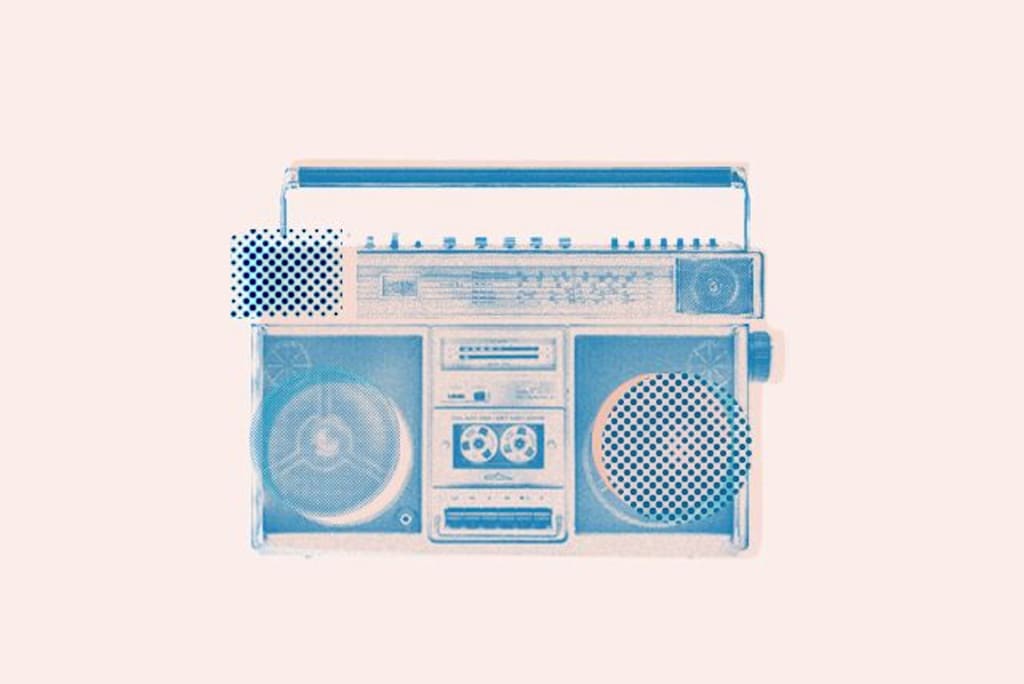
If there's one thing that you learn after hanging out with a lot of music professionals, it's how utterly bizarre, political, and phony working in the industry can be. I've seen it all - diva outbursts between dancers, horrible betrayals, drug addictions, sex scandals, and some of the downright most insane marketing ploys ever.
When it comes to the underground electronica scene, it's easy to see how politics can play out in clubs. It usually comes out in the VIP room, or at the afterparty. However, it's a lot harder to see with the radio industry - especially when it's mainstream.
While most people love the idea of working in radio, it's really often not as glamorous as you'd hope it to be. Here are some of the things people don't tell you about being someone who works in radio, per someone who's heard the rants from a number of people.
A lot of radio requests are actually recorded earlier, so that they can play them at the right time.

Here's the biggest bubble that will be burst for many people out there - radio scheduling isn't done on the fly. Depending on the station, it can be done anywhere from a day to a couple of hours ahead of time. If you call them up and ask for that favorite Adele song you have, don't expect it to be played immediately. It just doesn't happen that way.
A lot of those competitions tend to have a lack of participants.
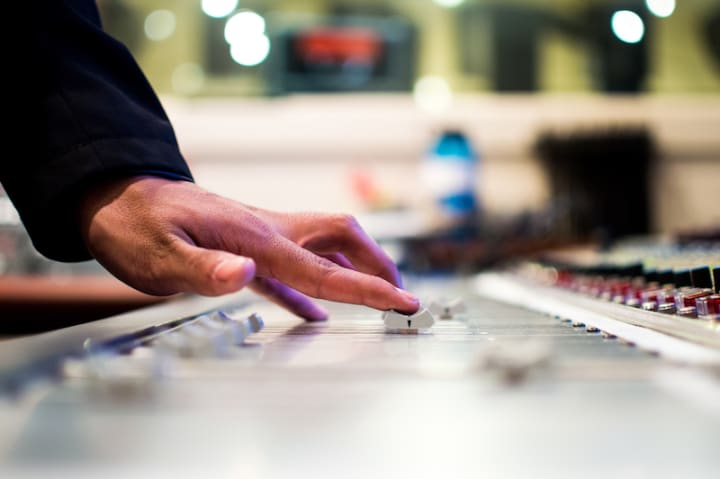
Did you ever listen to a call to text a radio station, only to sit there and think, "Eh, I'd never win that..."? You're not alone. Actually, on American broadcasting companies, a big issue that radio companies have is that they can't actually seem to get people to call up their station enough to get someone to win.
They often will have to pool contestants in order to find someone who will win the contest. Sometimes, with local radio stations, you might actually be the only one who calls at all - and they will basically hint answers to you so that you can get the prize.
In some cases, they may even have to fake winners just so that they can end the contest and save face. So, if you do want one of the prizes that they're talking about, try it out. Chances are a lot higher than you think they are that you might win.
Though there have been groups that claimed prizes were faked or that contests were rigged, I haven't heard of that in the US - primarily because that would easily end up getting noticed by people who may want to make a quick buck off a lawsuit.
That being said, repeat winners often have certain strategies they employ. So, maybe it's worth giving those strategies a shot, too.
They may force you, by contract, to appear places you hate just because.
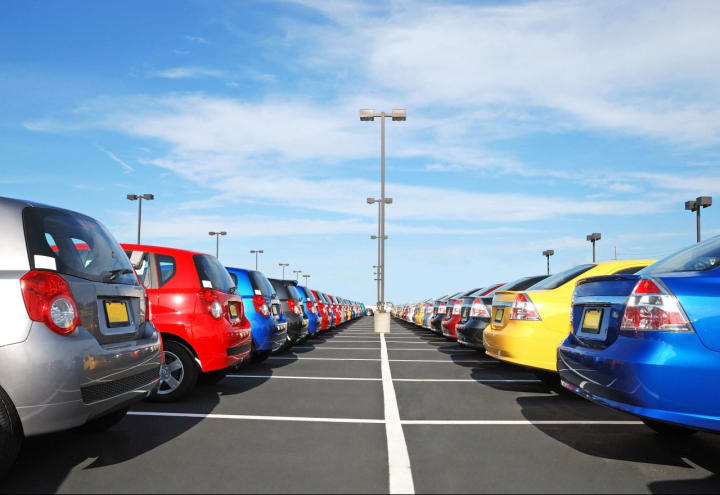
Ever hear of how excited radio announcers were to be at car dealership barbeques? Yeah, this shouldn't take you by surprise, but they probably don't want to be at a Chevy dealership eating an overcooked burger in 90 degree heat.
The reason why they're so enthusiastic is because radio personalities are contractually obligated to make appearances as part of the radio's advertising sales plan. If they don't go to certain clubs, they may end up getting terminated from their position - or even get blacklisted from radio as a whole because they "weren't a team player."
Radio hosts are paid to talk up everything - including the songs they're playing.
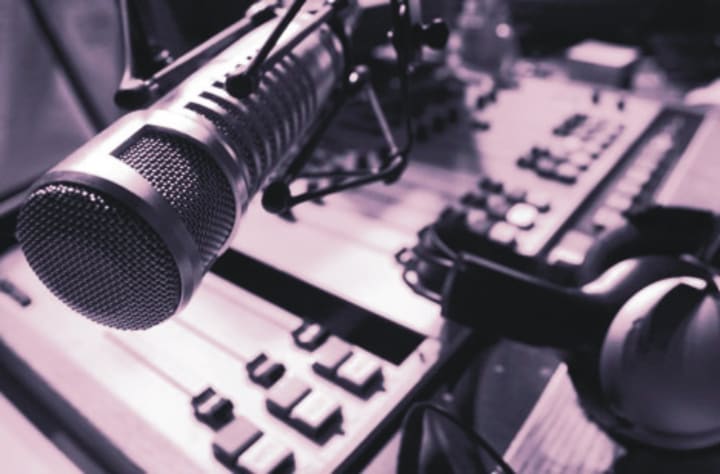
You probably already figured out that those shoutouts to doctor's offices and special brags about dealerships weren't legitimately the opinions of the radio host. However, what you might not know about radio hosts is that they also are paid by record companies to talk up albums.
Almost all (if not all) mainstream FM radio is controlled by record labels in some way, shape, or form. Those labels? They want people to buy their albums right now.
To make that happen, they will fake some hype - and what better way to do it than to have a favorite DJ wax poetic about how awesome it is? To incentivize hosts into talking up an album, they'll add a nice bonus to their checks.
Or, you know, they could be contractually obligated to do so - it depends on the station.
If you're not signed to a major label, forget getting played on mainstream radio.
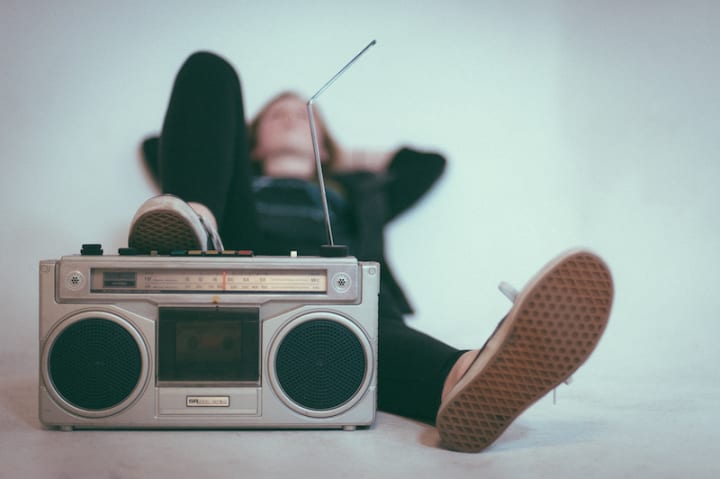
Remember - record labels are the ones who control the radio industry. They do not want to have competition from indie bands that aren't signed to them on airwaves. The less competition they have, the better it is for them.
If given a choice, most people wouldn't want to listen to the same songs over and over again like Top 40 stations would have them do. Radio stations and labels know this - they just don't care.
Their current business model basically involves them shoving music down your throat until you like it. That's why you keep hearing the same six songs on the radio during your morning commute.
Labels will actually bribe radio groups to repeatedly play the same songs to get people into them. Among pros, it's called "payola," and it's very much still a thing.
The competition is very high to get into radio airtime these days. So, if you're an indie band that sent in your album to a radio, I'm sorry, your CD probably just got chucked in the trash. This is doubly true if you ended up hounding them for an answer.
It *is* technically still possible to get a play on the radio if you network with the right people and know who to approach. However, it's really not easy, and a lot of major radio stations won't have it - ever.
That being said, most record labels have a 98 percent failure rate on signees...so maybe they should be working to better their strategies when it comes to radio programming?
A lot of radios are panicking right now - and so are their staffers.

During the 90s, listenership was at an all-time high. This was awesome for them - key word, of course, being "was." Since the invention of the internet and curated music, radio stations are no longer experiencing the loyal listeners they are.
This means they're less profitable than ever, and that also means that a lot of people who do work in radio are worried about their careers becoming obsolete. Some are starting to head to the podcast direction, which has actually proven to be very profitable. Others, however, are wondering if they can go into television or writing as a result of the squeeze.
Right now, radios are still working hard on cultivating their biggest personalities.
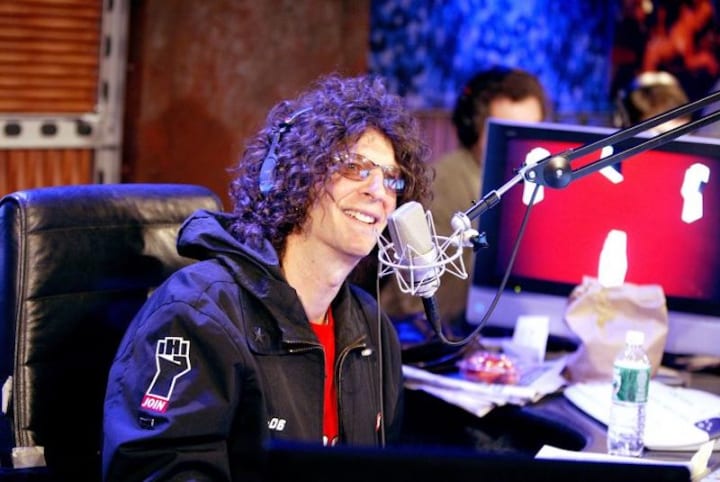
Having the right radio personality on your station can be a huge, huge cash cow. Once you think about Howard Stern, you'll understand why. People do have fandoms that center around personalities they hear on the radio.
You can tell which personalities they feel are the most profitable by seeing when they play. Most of the main stations have two major "hotspots" they reserve for people who they feel could carry the radio stations to glory.
These hotspots are during the morning commute, and during the classic "rush hours" when people head home from work. Most people listen during the morning. The least popular spots are at midnight.
A major secret many stations don't want to reveal is why they switched to talk radio.
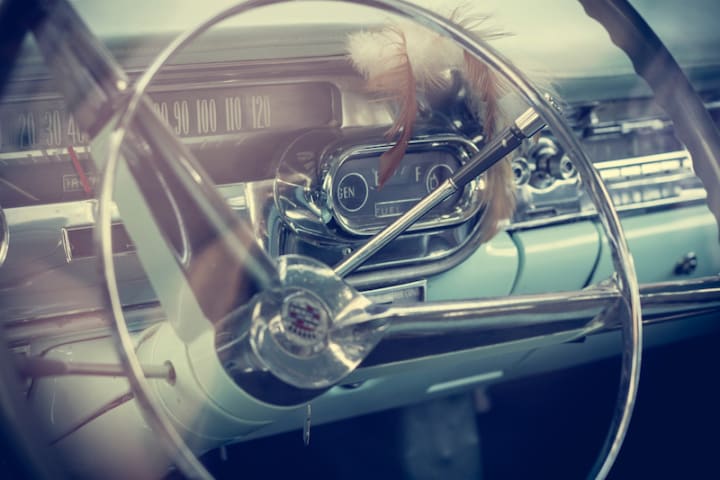
You may have noticed that one or two stations in your area may have stopped playing music lately. This is because they no longer can afford the royalty fees that are required to play music. As a result, many stations actually switch to talk radio because talk is, well, cheap.
You'd be kind of shocked to find out how many radio presenters have issues with validation.
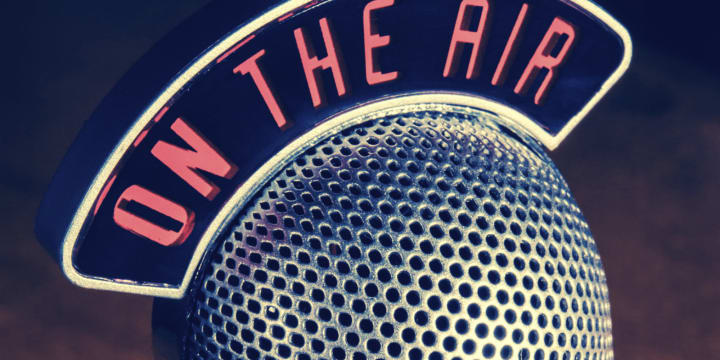
I've run into a couple in passing, and I actually thought it was kind of strange how much they need validation, attention, and gossip. I always figured that the oversharing thing was just part of their radio persona. But, no, it's actually not an act that the put on for professional use.
From other sources I've looked at, apparently this is rather par for the course. A lot of people get into music, radio, and fashion because they want to be part of the "in crowd," and that translates into a lot of need for validation, admiration, and attention.
As a result of the flood of people who want that radio job, there's a lot of "Fashion Syndrome" in the industry.
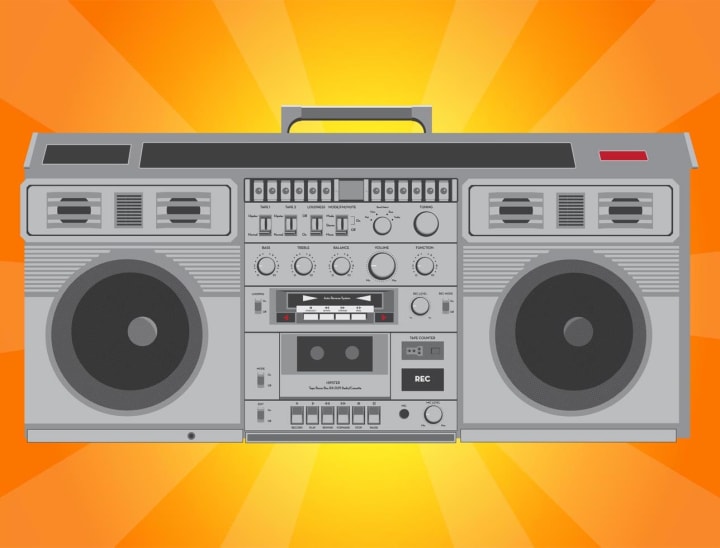
"Fashion Syndrome" is what I like to call the level of cattiness, cutthroat competition, and snipery that you probably saw in Devil Wears Prada. Truthfully, this happens in a lot of entertainment industries - including fashion, modeling, music, and performance artistry.
Idea stealing, blame shifting, job poaching, and faking friendships are common in the radio industry. There's always that fear that the person in the booth with you could hurt your ability to keep your job. So, even if you like your coworkers, you keep them at arm's length.
This is, incidentally, why so many radio personalities can't stand hanging out with other music people off-clock.
Sometimes, radio personalities really, truly love regular presenters.
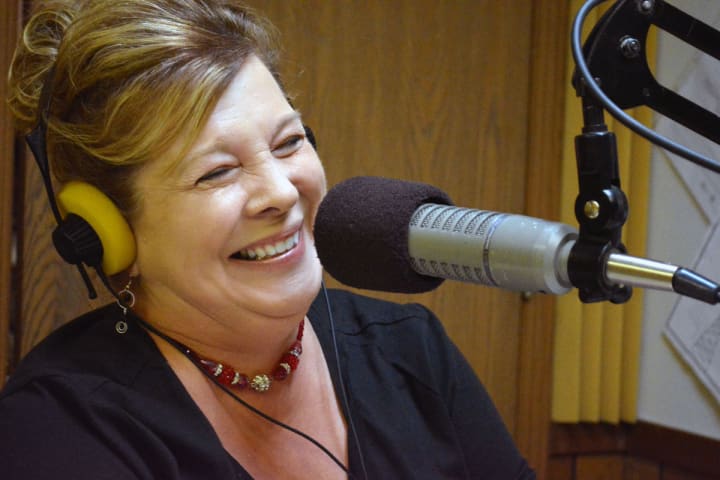
Callers often make or break the show. A lot of radio hosts will light up when they see a favorite contributor call up, just because they know this person will say something amazing. So, yes, please do call in if you love a host. They'll love you for it.
About the Creator
Skunk Uzeki
Skunk Uzeki is an androgynous pothead and a hard partier. When they aren't drinking and causing trouble, they're writing articles about the fun times they have.


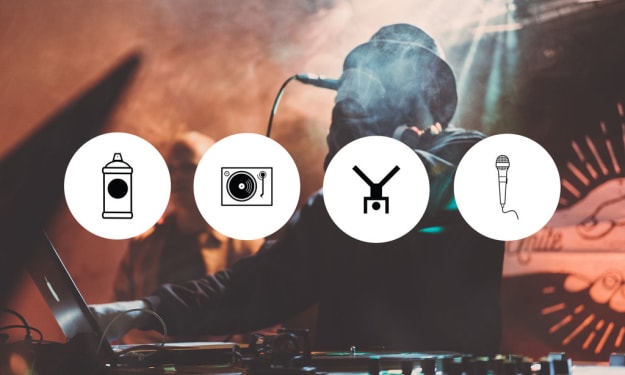



Comments
There are no comments for this story
Be the first to respond and start the conversation.